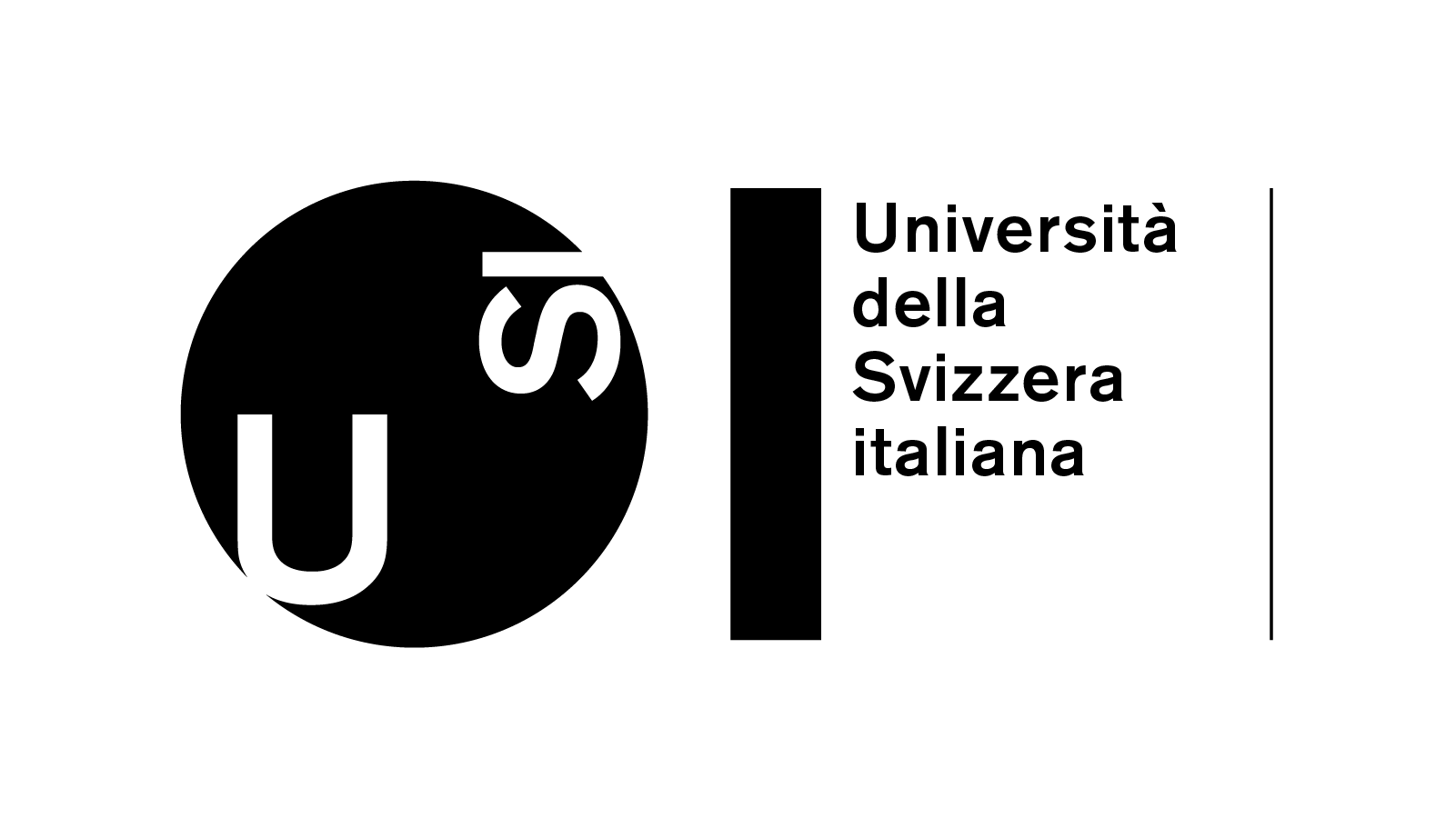High-Precision Solar Polarimetry (HPSP): International workshop in honor of Dr. Michele Bianda, October 14-15, 2022, Locarno, Switzerland
High-precision solar polarimetry has been for several decades the main research focus of IRSOL Istituto Ricerche Solari “Aldo e Cele Daccò”, Locarno, Switzerland. Advanced experimental and theoretical approaches developed at IRSOL revealed the importance of turbulent magnetic fields for the overall magnetic energy budget of the Sun. Many puzzles of the solar “hidden magnetism” were solved at IRSOL.
Dr. Michele Bianda was leading IRSOL for 35 years – since its founding in 1987. He started as a single employee of the new institute’s foundation FIRSOL, recovered the telescope and obtained first scientific observations in 1991. From 1995, he initiated a very successful long-term collaboration with Prof. Dr. Jan Stenflo and his group at the ETH Zurich, which lasted until Stenflo’s retirement in 2008. Their joint research in high-precision solar spectropolarimetry and many discoveries in solar polarization and magnetism made with the Zurich Imaging Polarimeter (ZIMPOL) were well documented in Dr. Bianda’s PhD thesis, as well as in the Second Solar Spectrum Atlas recorded in part at IRSOL and many theses and papers of PhD students and researchers world-wide. Since 2008 ZIMPOL is based at IRSOL and after several upgrades is still leading in high-precision and high-accuracy measurements of solar polarization down to at least ten parts per million allowing for discoveries of new phenomena in solar magnetism. Thanks to his perseverance and enormous dedication, Dr. Bianda secured support from the FIRSOL foundation and many colleagues who brought IRSOL to the heights of today, with a cohort of senior and young researchers advancing our knowledge about solar magnetic fields. While overcoming multiple challenges with funding, IRSOL achieved a recognition as a scientific infrastructure of a significant national importance and was recently affiliated with the Università della Swizzera italiana (USI). The international standing of IRSOL is on the rise too, thanks to the world-wide collaborations established by Dr. Bianda.
This workshop is dedicated to the research in high-precision solar spectropolarimetry initiated and further developed by Dr. Bianda and his collaborators, including the highlights of his research on the Hanle effect in chromospheric lines and impact polarization in solar flares. We will celebrate his scientific career and institutional leadership with the colleagues who have contributed to this research and IRSOL’s development.
The workshop will take place in Sala del Consiglio Comunale, Piazza Grande 18, Locarno, Switzerland, on October 14-15, 2022. Registration for the workshop is open on the dedicated webpage: https://www.irsol.usi.ch/hpsp22/. The deadline for the registration is September 1, 2022.


